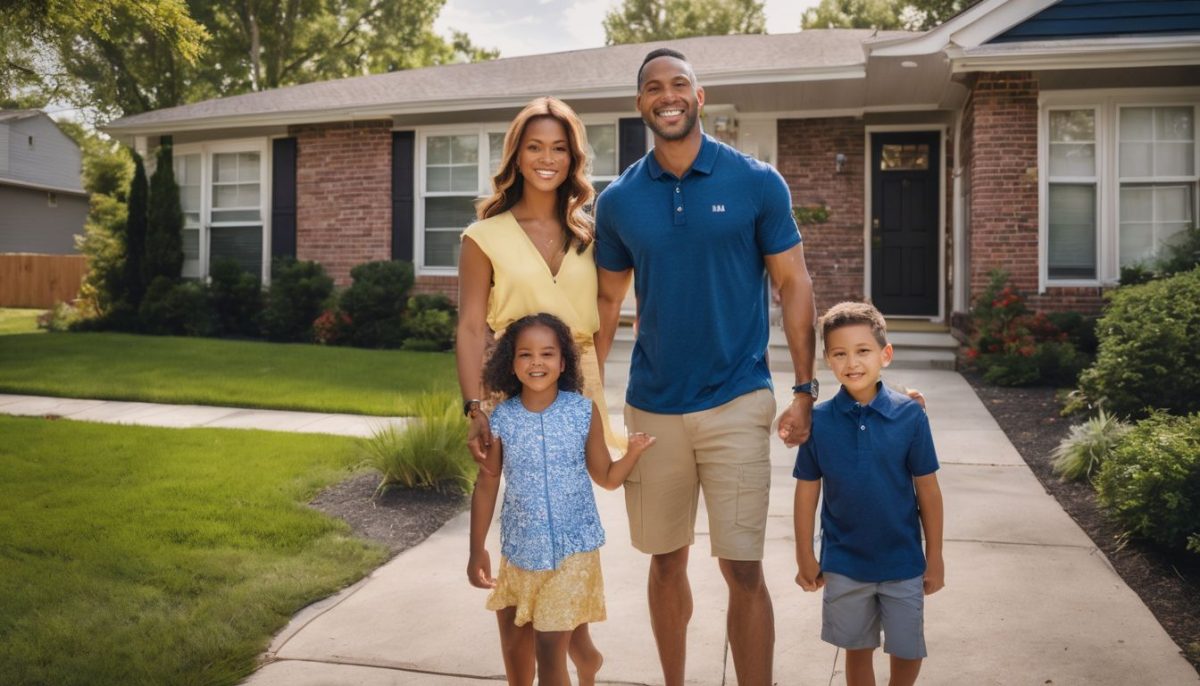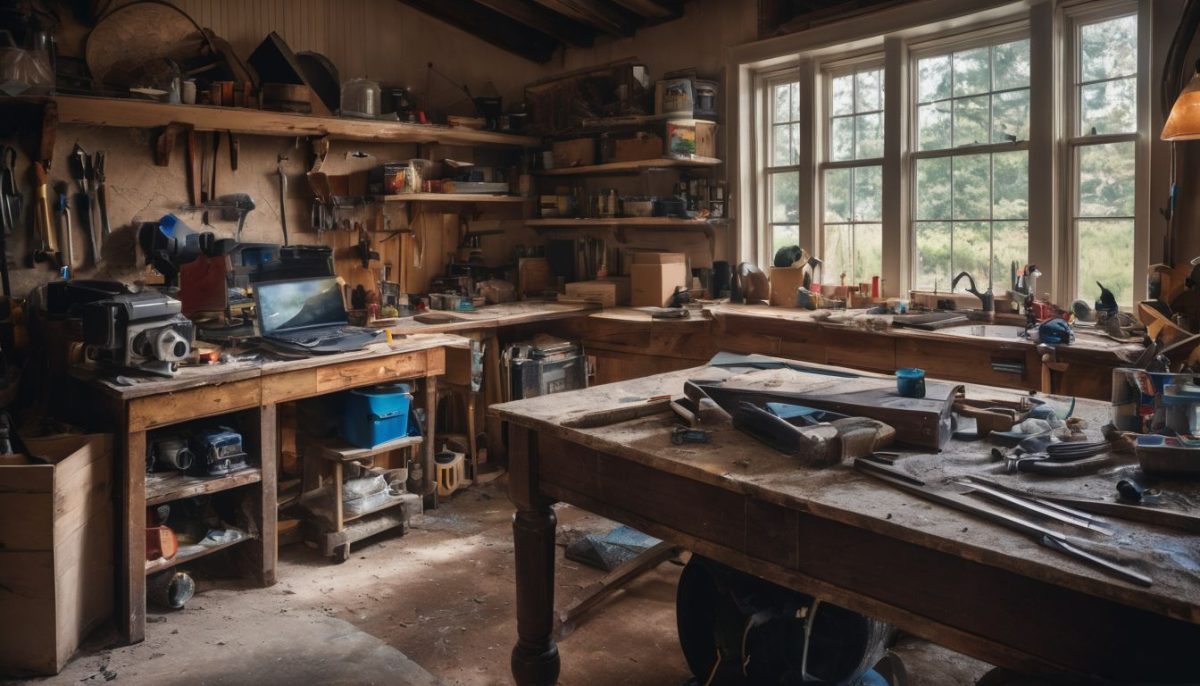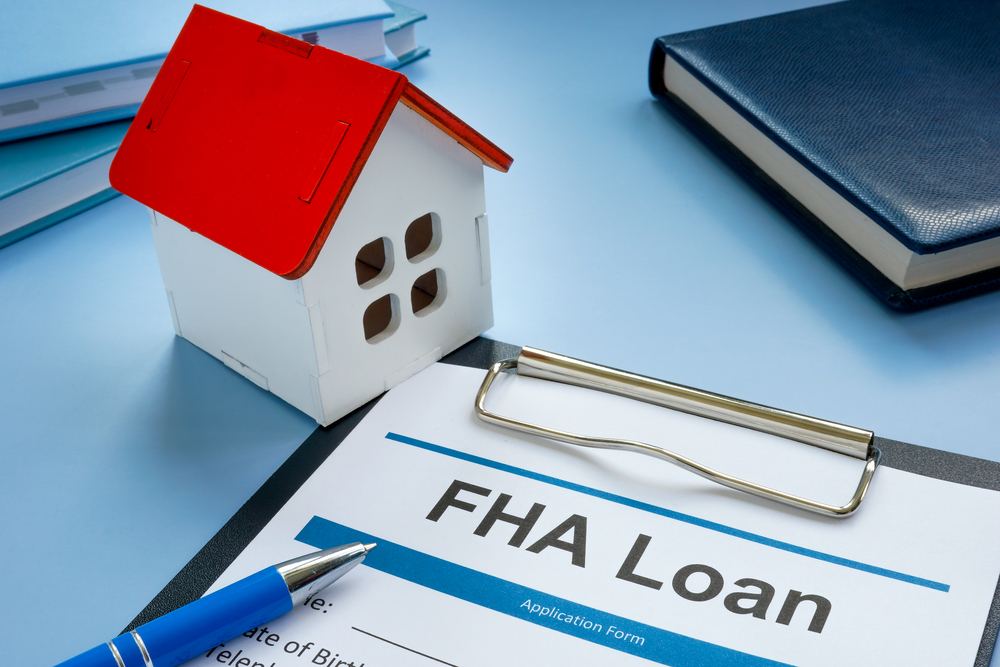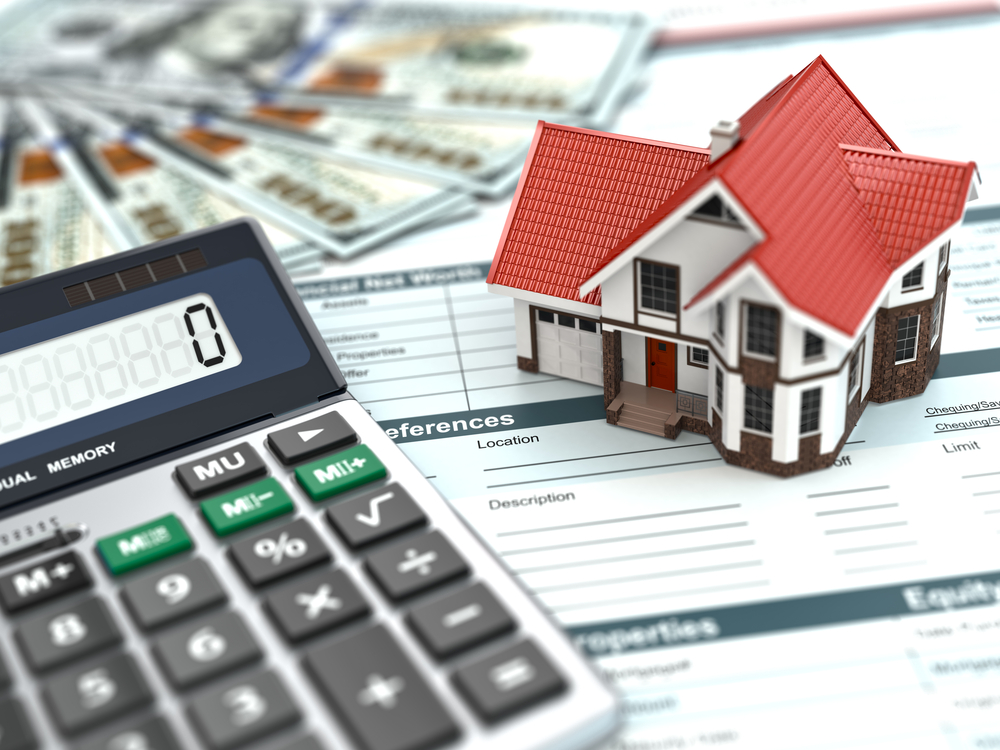Deciding where to live can be a big step in your life, and understanding the difference between condo and apartment options is crucial.
As you explore the possibilities, knowing what sets these two types of homes apart will guide you toward making an informed choice that fits your lifestyle and financial goals.
A condo offers ownership perks while an apartment could give you flexibility. In other words, each has its unique advantages.
This guide will walk you through the nuances such as maintenance responsibilities, costs involved, and potential for long-term stability so that you can weigh what matters most to you in your next home.
What is a condo?
A condo, short for condominium, is a private residence within a larger building or complex. You own your individual unit and share common areas with other residents — like the gym, pool, or lobby.
Unlike renting an apartment, when you buy a condo, it’s yours to keep. Ownership comes with rights to use shared facilities and often includes becoming part of a homeowners’ association (HOA), which manages these spaces and runs the building.
Purchasing a condo means taking on responsibilities similar to those of any homeowner. You’ll pay monthly HOA fees for upkeep and repairs of communal areas while personalizing your own space to suit your taste.
Condos can offer city living at its finest — many are located in urban centers close to shops, restaurants, and entertainment options. They’re perfect if you’re looking for convenience without the hassle of yard work or exterior maintenance that typically comes with owning a traditional house.
What is an apartment?
An apartment is a private living space within a larger building or complex, typically rented monthly to tenants. It’s one of several units housed in the same structure where you live among other residents, sharing common areas like hallways and often amenities such as a pool or gym.
Your landlord owns the property and takes responsibility for major repairs and general maintenance, leaving you free from concerns about the building’s upkeep.
Renting an apartment means you’re not tied down with long-term commitments or hefty down payments, giving you flexibility to move if your job changes or you simply want a change in scenery.
Differences between a condo and an apartment
Owning a condo means you have the deed to a specific unit within a larger building or complex, giving you legal ownership and the freedom to sell it in the future. Unlike condos, apartments are typically part of a rental property; you pay rent to live there but don’t own any part of the property.
The legal structure for condos involves an association that manages shared spaces and enforces rules, while apartment governance is usually simpler, with a landlord or management company overseeing maintenance.
You’re responsible for maintaining your condo’s interior as an owner; however, if you rent an apartment, most repairs and upkeep fall on the landlord’s shoulders. Condos often offer more amenities like gyms or pools than apartments because their owners invest in these shared facilities.
You’ll also need to budget for monthly condominium fees on top of your mortgage payments – costs that can be higher compared to typical renter’s expenses.
Lastly, when thinking about customization options and renovations, having a condo gives you far more latitude to personalize your living space than living in an apartment where changes might be restricted by your lease terms.
1. Ownership
When considering a condo, you will own the space inside your unit and share ownership of common areas with other residents. As a condo owner, you have the freedom to make interior design decisions and can potentially earn equity over time as the property appreciates in value.
Alternatively, renting an apartment means you do not own any part of the building or land. Instead, you pay rent to use the space but don’t have control over customization or long-term investment potential.
In a condo, owning includes shared responsibilities for maintaining common spaces such as lobbies and gyms, while in an apartment complex, maintenance is typically handled by management using funds from rent payments and is not your responsibility.
2. Legal structure
In terms of legal structure, condos and apartments differ in ownership. Condos are individually owned units within a larger complex, while apartments are typically owned by a single entity or landlord.
As a condo owner, you have more control over your living space and may have voting rights on certain issues that affect the entire complex. On the other hand, apartment tenants usually have less say in how the property is managed.
Understanding the legal structure of condos and apartments is crucial when making a decision about homeownership or renting. For instance, as a prospective homebuyer, it’s important to know the implications of owning a condo versus renting an apartment when considering factors such as shared expenses and decision-making processes.
3. Maintenance responsibility
As a prospective homebuyer, you’ll need to consider maintenance responsibilities when choosing between a condo and an apartment.
In a condo, you typically have the responsibility of maintaining the interior of your unit while the condo association takes care of exterior maintenance. This can include landscaping, building repairs, and amenities upkeep.
On the other hand, in an apartment, maintenance responsibilities usually fall on the landlord or property management company. They handle both interior and exterior maintenance tasks.
Understanding these differences in maintenance responsibility is crucial as it directly impacts your day-to-day living and financial obligations. Ensure that you carefully review these details before making a decision.
4. Amenities
When it comes to amenities, condos often offer a range of shared facilities such as fitness centers, swimming pools, and communal gardens. These perks can enhance your lifestyle and provide added value to your investment.
On the other hand, apartments may have fewer amenities or limited access to shared spaces. Considering your preferences for additional features and the associated costs is crucial when deciding between a condo and an apartment.
In addition to considering amenities provided within the unit itself, reflecting on what you value in terms of common areas and recreational facilities will assist you in making an informed decision regarding your future home.
5. Costs
After considering the amenities, it’s essential to evaluate the costs associated with owning a condo or renting an apartment. When you own a condo, you are responsible for monthly mortgage payments, property taxes, homeowner association fees and maintenance expenses.
On the other hand, renting an apartment typically involves monthly rent payments that cover utilities and possibly parking fees if applicable.
Understanding these financial commitments is crucial in making an informed decision about your housing options. When comparing costs between condos and apartments, it’s important to consider your long-term financial goals and lifestyle preferences.
6. Flexibility
Condos often provide more flexibility for customization and renovation than apartments. You have the freedom to personalize your living space according to your preferences. With permission from the condo association and adherence to their guidelines, you can make changes that cater to your lifestyle.
Whether you want to renovate a kitchen, change flooring, update the windows, or install built-in storage, condos typically offer more leeway for modifications compared to renting an apartment.
As a prospective homebuyer, understanding the level of flexibility in customizing and renovating a property is crucial when making a decision.
7. Property taxes
Property taxes for condos and apartments differ based on the property’s appraised value. Condo owners pay property taxes individually, whereas apartment property taxes are typically covered by the landlord within the overall rental cost.
These taxes contribute to local services like schools, roads, and emergency response teams. Understanding these tax implications is essential when considering your long-term homeownership or living expenses.
8. Resale value
The resale value of a condo or apartment can fluctuate based on various factors such as the location, market trends, and property condition. When you decide to sell your condo or apartment, it’s essential to consider how these elements may impact the potential resale value.
Upgrades, renovations, and maintenance can positively influence the resale value of your property. It’s important to stay informed about the real estate market in your area so that you can make strategic decisions when it comes to selling your condo or apartment.
Keeping up with regular maintenance and ensuring that your property is well-kept can also help maintain its resale value. Understanding these key aspects will give you confidence as you navigate through the process of selling your condo or apartment in the future.
9. Long-term stability
When it comes to long-term stability, condos typically hold their value better than apartments. When you own a condo, you can live there for as long as you want assuming you can afford it. A landlord might suddenly tell you that you have to leave for a number of reasons. So, if you’re looking for long-term stability in your housing situation, a condo may be a better option.
Condo vs. apartment: Frequently asked questions
Wondering whether to buy a condo or rent an apartment? Consider your long-term plans. Owning a condo comes with responsibilities like paying property taxes and maintenance fees, but it also offers the chance to build equity.
If you’re not ready for that commitment, renting an apartment provides flexibility and less responsibility. When considering ownership, assess your financial readiness for home ownership versus the ease of renting an apartment.
Got questions about owning a condo? Get all the details on legal structures, association dues, and special assessments before making the decision.
Should I buy a condo or rent an apartment?
If you want more control over your living space and the potential for long-term investment, buying a condo might be the right choice. It allows you to build equity and personalize your home to suit your preferences.
On the other hand, renting an apartment offers flexibility and less responsibility for maintenance and repairs, making it suitable if you prefer a more transient lifestyle or have limited financial resources to invest in homeownership.
Both options have their pros and cons, so consider your lifestyle, financial situation, and future goals before making a decision.
What do I need to know about owning a condo?
When considering owning a condo, it’s essential to understand the homeowners association (HOA) rules and fees. You should be aware of your financial responsibilities, as you’ll need to pay monthly HOA fees for upkeep and shared amenities like swimming pools or gyms.
It’s also important to know about special assessments that may arise for unexpected repairs or improvements to the building.
Understanding the ins and outs of condo ownership involves being aware of any restrictions on renovations or customizations within your unit. Additionally, you should familiarize yourself with the governing documents, bylaws, and regulations set forth by the HOA.
Being knowledgeable about these factors will help you make an informed decision before investing in a condominium.
Can I buy an apartment?
Absolutely! Apartments can be purchased as investment properties or for personal use. However, the process and legal structure for buying an apartment may differ from that of a condo, so it’s important to consult with a real estate professional to understand the specific details.
Talk to a real estate expert today!
To make an informed decision about whether a condo or apartment is right for you, it’s crucial to consult with a real estate expert. An experienced professional can provide personalized guidance based on your specific needs and preferences.
They can offer valuable insights into the local market, help navigate complex legalities, and assist in understanding the long-term implications of your housing choice. By seeking advice from a real estate expert, you can gain clarity and confidence in choosing the best option for your current situation and future goals.
By collaborating with a knowledgeable real estate professional, you empower yourself to make well-informed decisions about purchasing a condo or renting an apartment that aligns with your unique lifestyle and financial objectives.
Is a condo or apartment right for you?
When deciding between a condo and an apartment, consider your long-term housing needs. Evaluate if you prefer ownership or the flexibility of renting without maintenance responsibilities.
Research property taxes in your area to understand ongoing costs associated with each option. Assess whether amenities, customization opportunities, and potential resale value align with your lifestyle and investment goals.
Explore options within your budget that offer stability and meet your current housing requirements while considering future changes in family size or professional circumstances.
Are you ready to take the next step in your homeownership journey? Connect with a real estate professional for free today.
Condo vs. apartment: More FAQs
1. Who usually owns a condo?
A condo is typically owned by an individual who has purchased the unit.
2. Can I make changes to my apartment easily?
No, making changes to your apartment often requires permission from the landlord or property manager.
3. Do condos come with extra amenities like gyms and pools?
Yes, many condos offer access to amenities such as gyms and pools for residents.
4. Will I pay homeowner’s association (HOA) fees in an apartment?
No, HOA fees are generally associated with living in a condo rather than renting an apartment.
5. Is it common for apartments to be rented out by a leasing company?
Yes, apartments are commonly managed and rented out by leasing companies or property managers.
Have more questions? Schedule a free consultation with a real estate expert today.
Disclaimer:
The content provided on this website is offered for educational purposes only. While we endeavor to provide accurate and up-to-date information, we make no representations or warranties of any kind, express or implied, about the completeness, accuracy, reliability, suitability, or availability of the content for any purpose. Visitors are advised to consult with qualified experts before making any financial decisions or taking any actions based on the information provided on this website.












